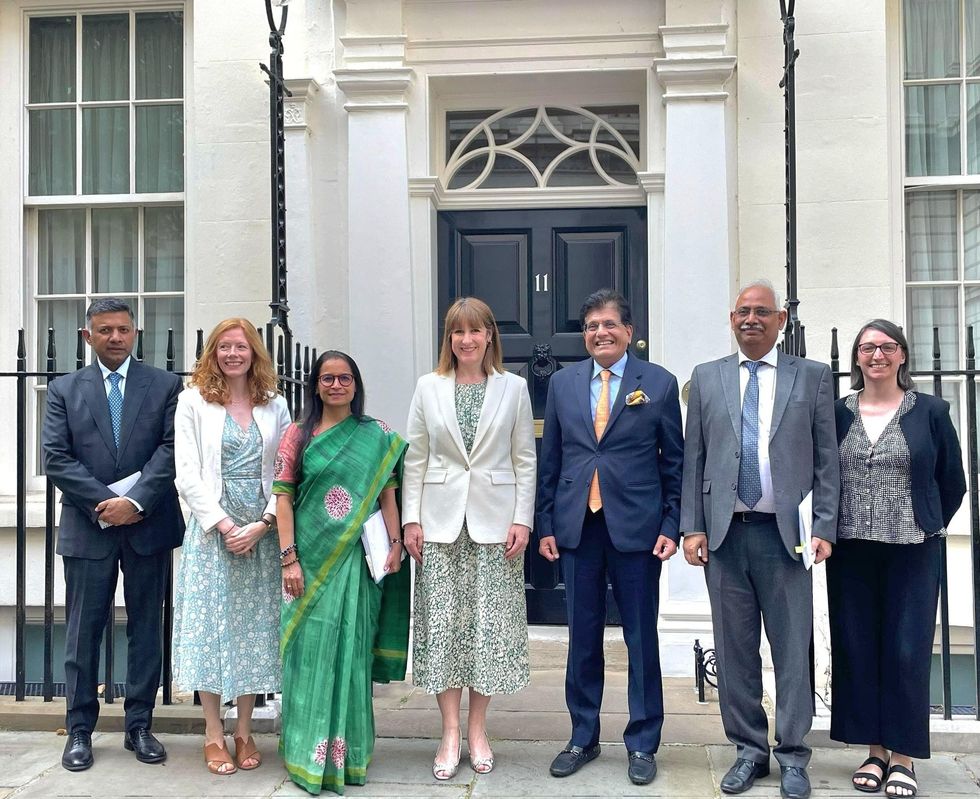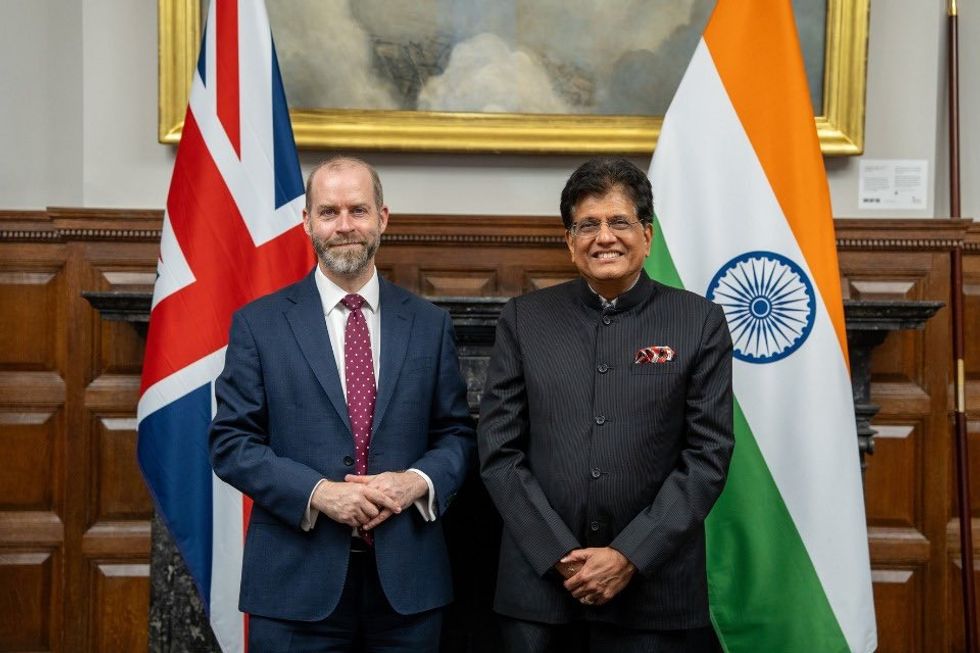GOOGLE has said earlier this week that it has decided to ban political advertisers from targeting voters.
The US giant will freeze the UK political parties, politicians out of its most powerful targeted advertising systems when British politicians gear up for general elections next month.
The web giant will ban the ads from targeting voters based on any characteristics except for age, gender and broad geographical area, it said on Wednesday (20).
According to the latest policy of the American multinational giant, political parties will no longer be able to target voters based on their interests and detailed life circumstances.
The new policy is being expedited in the UK. The web giant is on a race to ensure that it comes into force before the election on December 12.
Also, political parties won't be allowed to upload data on individual voters whose personal information have been bought from commercial sources.
Google has confirmed that personal interest targeting for political ads had previously been permitted in the UK.
The company’s new policy will apply across its services, which include Google Search and YouTube.
Third-party websites that use Google's advertising system will come under the new rule.
Scott Spencer, Google's vice president of ad product management, said: "Given recent concerns and debates about political advertising, we want to improve voters' confidence in the political ads they may see on our ad platforms.
"Regardless of the cost or impact to spending on our platforms, we believe these changes will help promote confidence in digital political advertising and trust in electoral processes worldwide."
The California-based company will throwaway all political advertisements, which include false claims and suppress democratic values, according to its new policy.
Technology companies have recorded rising number of calls to limit political microtargeting following the Cambridge Analytica scandal in 2018 as critics opine that such activities undermine the values of democracy and the smooth functioning of democracy.
Following such calls, Google, Facebook, Twitter, and Snapchat now limit so-called dark ads by forcing advertisers to prove their identity for more transparency. All the four businesses also upload their political advertisements to a searchable public archive.
The latest move by Google will stop political campaigners across the globe out of Google's Customer Match tool.
The tool permits advertisers to upload lists of contact details in order to target ads specifically at those people.

















 Piyush Goyal with shadow chancellor Rachel Reeves (centre), Vikram Doraiswami and other officials at the India Global Forum
Piyush Goyal with shadow chancellor Rachel Reeves (centre), Vikram Doraiswami and other officials at the India Global Forum And , Goyal with Jonathan Reynolds
And , Goyal with Jonathan Reynolds